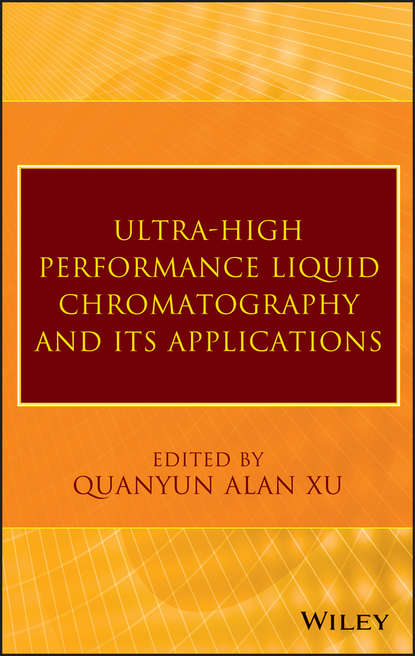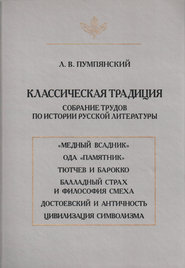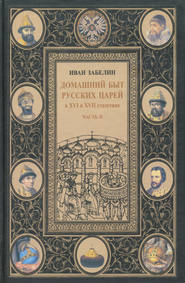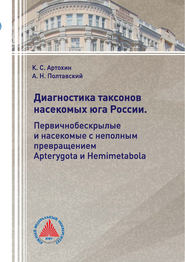Ultra-High Performance Liquid Chromatography and Its Applications
Полная версия
Explores both the benefits and limitations of new UHPLC technology High performance liquid chromatography (HPLC) has been widely used in analytical chemistry and biochemistry to separate, identify, and quantify compounds for decades. The science of liquid chromatography, however, was revolutionized a few years ago with the advent of ultra-high performance liquid chromatography (UHPLC), which made it possible for researchers to analyze sample compounds with greater speed, resolution, and sensitivity. Ultra-High Performance Liquid Chromatography and Its Applications enables readers to maximize the performance of UHPLC as well as develop UHPLC methods tailored to their particular research needs. Readers familiar with HPLC methods will learn how to transfer these methods to a UHPLC platform and vice versa. In addition, the book explores a variety of UHPLC applications designed to support research in such fields as pharmaceuticals, food safety, clinical medicine, and environmental science. The book begins with discussions of UHPLC method development and method transfer between HPLC and UHPLC platforms. It then examines practical aspects of UHPLC. Next, the book covers: Coupling UHPLC with mass spectrometry Potential of shell particles in fast liquid chromatography Determination of abused drugs in human biological matrices Analyses of isoflavones and flavonoids Therapeutic protein characterization Analysis of illicit drugs The final chapter of the book explores the use of UHPLC in drug metabolism and pharmacokinetics studies for traditional Chinese medicine. With its frank discussions of UHPLC's benefits and limitations, Ultra-High Performance Liquid Chromatography and Its Applications equips analytical scientists with the skills and knowledge needed to take full advantage of this new separation technology.
- О книге
- Читать














